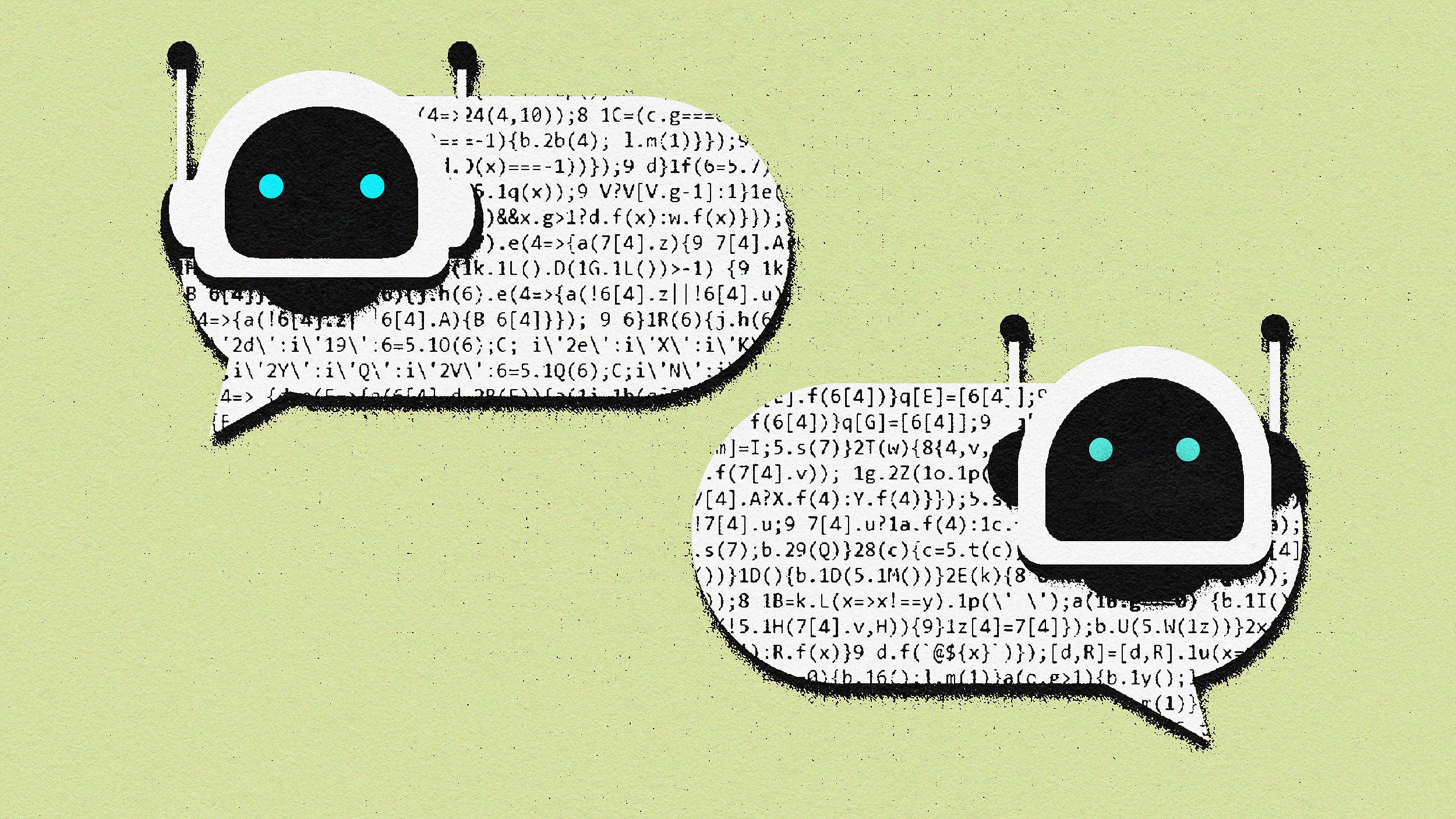Gary Marcus is the author of Rebooting AI: Building Artificial Intelligence We Can Trust.
GARY MARCUS: The dominant vision in the field right now is, collect a lot of data, run a lot of statistics, and intelligence will emerge. And I think that's wrong. I think that having a lot of data is important, and collecting a lot of statistics is important. But I think what we also need is deep understanding, not just so-called "deep learning." So deep learning finds what's typically correlated, but we all know that correlation is not the same thing as causation. And even though we all know that and everybody learned that in Intro to Psych, or should have learned that in Intro to Psych they should have learned that you don't know whether cigarettes cause smoking just from the statistics we have. We have to make causal inferences and do careful studies. We all know that causation and correlation are not the same thing.
Have right now as AIs-- giant correlation machines. And it works, if you have enough control of the data relative to the problem that you're studying that you can exhaust the problem, to beat the problem into submission. So you can do that with go. You could play this game, over and over again, the rules never change. They haven't changed in 2,000 years. And the board is always the same size. And so you can just get enough statistics about what tends to work, and you're good to go. But if you want to use the same techniques for natural language understanding, for example, or to guide a domestic robot through your house, it's not going to work. So the domestic robot in your house is going to keep seeing new situations. And your natural language understanding system, every dialogue is going to be different. It's not really going to work. So yeah, you can talk to Alexa and you can say, please turn on my over and over again, get statistics on that. It's fine. But there's no machine in the world T=that we're having right now. It's just not anywhere near a reality and you're not going to be able to do it with the statistics, because there's not enough similar stuff going on.
Probably the single best thing that we could do to make our machines smarter is to give them common sense, which is much harder than it sounds like. I mean, first you might say, what is common sense? And what we settled on in the book that we wrote is that common sense is the knowledge that's commonly held. that ordinary people have. And yet machines don't. So machines are really good at things like, I don't know, converting metrics -- you know, converting from the English system to the metric system. Things that are nice, and precise, and factual, and easily stated. But things that are a little bit less sharply stated, like how you open a door, machines don't understand the first thing. So there's actually a competition right now for opening doors. So if somebody uploaded data sets from 500 different doors, and they're hoping that robots will experiment with all 500 doors and then get it. But what's more likely is that they'll get to door 501 and they'll actually have a problem or at least door 601. So every ordinary person in the west has opened a bunch of door knobs and gets the idea, right? I need to turn something, jiggle something -- might be different for the next one -- until the door itself is free.
So you can give a definition of something like that. It's hard to give a perfect definition. But we all know that. And yet nobody's ever built a robot that can do that. We made a joke about it in the book. We said, you know, in the event of a robot attack do the following six things and number one was close the door. And we added that you might need to lock it. And that was before this whole database came out. So, you know, the field advances. People are working on that. Maybe next year they'll work on teaching robots about locks. But I bet you it will take a while before robots understand all the little ways it can jiggle the key, and maybe you need to pull in the door to make it just right. We don't know how to even encode that information in a language that a computer can understand. So the big challenge of common sense is to take stuff like that-- like, how do you open the door, why do you want to open a door-- and translate into the language of the machine. It's a lot harder than a metric converter. It's a lot harder than a database. And right now the field's not even really trying to answer that question. It's so obsessed with what it can do with these big databases, which are exciting in themselves, that it's kind of lost sight of that, even though the question itself that goes back to the 1950s, when one of the founders of A.I., John McCarthy, first started writing about it in the late '50s.
But it's not-- common sense is not getting the attention that it deserves and that's one of the reasons we wrote the book. Common sense is just one step along the way to intelligence. People talk about artificial intelligence. And sometimes they talk about artificial general intelligence. There's also narrow AI. And narrow AI is the stuff that we're doing pretty well now. So, do the same problem over and over again, just solving one problem. You could think about idiot Savants that can do a calendar but can't do anything else and can tell you what day you were born on if you give them your birthday. We have a lot of narrow AI right now. We can't do narrow AI for everything that we want to do. But the dream is to have broad AI, or general AI, that can solve any problem. You think about the Star Trek computer. You can say, you know, please give me the demographics in this galaxy and cross-correlate it with this, and with that, and tell me this. And Star Trek computer says, OK. And it figures it out. So the Star Trek computer understands everything about language, and it understands pretty much everything about how the world works. And it can put those together to give you an answer.
It's not like Google, right? Google can search for pages that have the information. But then you have to put the information together. The Star Trek computer can synthesize it. And it's a great example of general intelligence. If I ask you, did George Washington have a cell phone? Well, if you have a kind of common knowledge of when cellphones were introduced, when George Washington was alive, the fact that he's dead, then you could compute the information and give me the right answer. If you Google for it, you might get a wacky answer. If it works for George Washington, maybe you search for, did Thomas Jefferson have a cell phone? And the answer should obviously be the same. But maybe that one won't be on a Google page. So if you have common sense about things like time, and space, and a lot of sort of everyday factual knowledge, that gets you a long way to intelligence. It doesn't give you all the way there. So general intelligence, first of all, has many dimensions to it. So you can think like, the SAT has verbal and math.
Those are two of the of intelligence that's Really not well-established right now in the AI community is common sense. There are other aspects of intelligence, like doing pure calculation, where the A.I. community has done a good job. But there are other things that go into intelligence as well. For example, the ability to read a graph is partly about common sense, and it's partly about understanding what people might intend, it's partly sometimes about expert knowledge. So reading a graph is another form of intelligence. And that's going to require putting together better perceptual tools than we have now, better common sense tools, probably some knowledge about politics, for example, if you're reading a graph that's relevant to the latest political campaign, and so forth. So there's a lot of stuff Right now we're trying to approximate it all with statistics. But it's never general knowledge. So you could learn to read one graph, Going help you read the next graph. So general intelligence is going to be putting together a lot of things, both some that we already understand pretty well in the A.I. community and some we just haven't been working on and really need to get back to.





